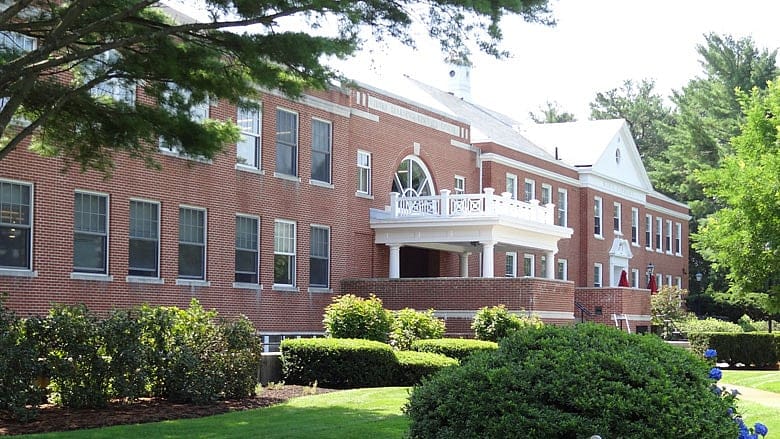Gordon College’s fundamental right to be different

Gordon College is once again under fire for being a self-consciously Christian college. Cultural elites in Massachusetts insist that Gordon should abandon its moral ideals and that members of the college community should conform to the moral sameness that pervades other campuses. If those elites would pay closer attention to the writings of Ruth Bader Ginsburg, they would know that Gordon has a fundamental right to be morally different.
The latest attack on Gordon is in a Massachusetts court. Gordon philosophy professor Lauren Barthold, represented by the American Civil Liberties Union, has filed a lawsuit against Gordon College alleging that the college unlawfully discriminated against her on the basis of sex and in retaliation for her opposition to the college's moral code of conduct. The College denies the allegations, and says that the faculty decided to discipline Barthold, not because of her views, her sex, or her association with particular groups, but because she wrote a letter to the editor of a newspaper in which she called for economic sanctions against the college.

